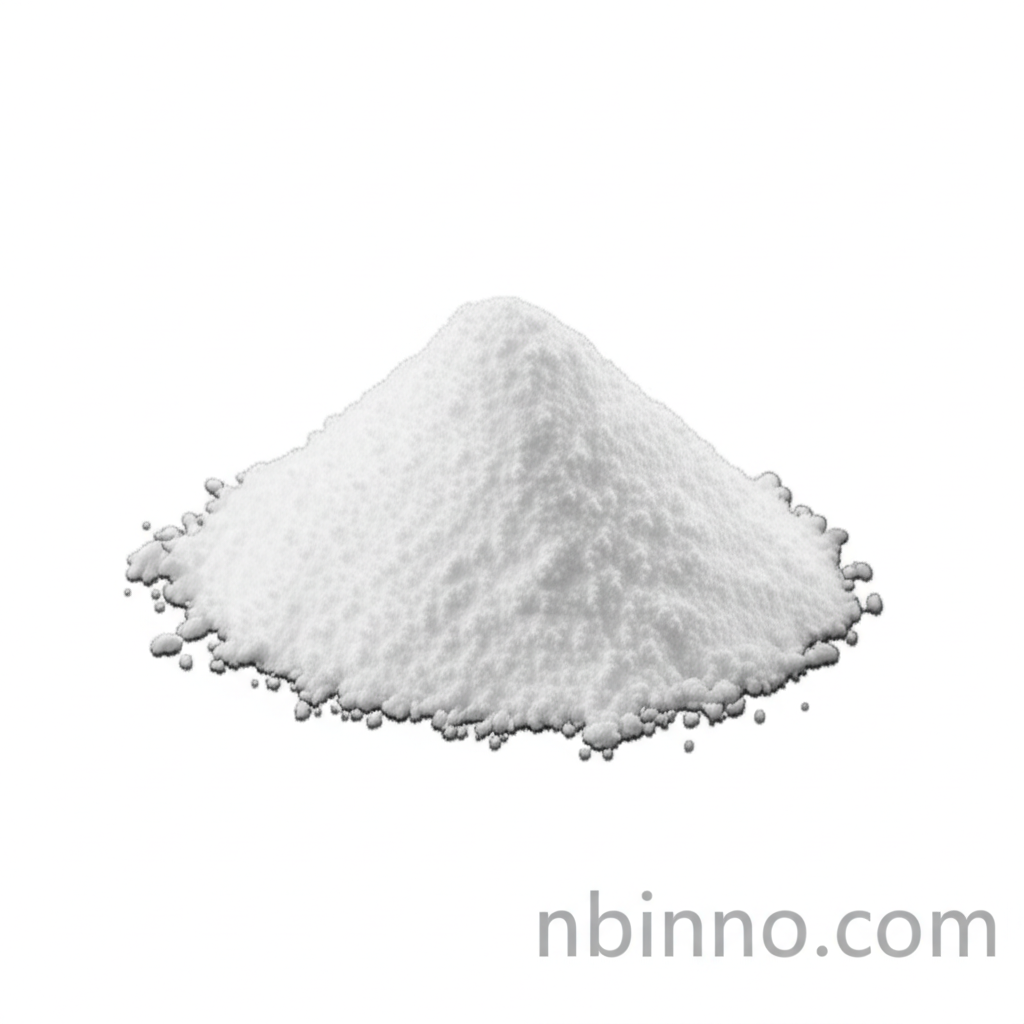High Purity Exenatide Acetate Peptide: Your Essential Source for Type 2 Diabetes Management and Research
Discover the therapeutic potential of Exenatide Acetate, a vital peptide for diabetes care and groundbreaking research.
Get a Quote & SampleProduct Core Value

Exenatide Acetate Peptide
Exenatide Acetate is a high-purity peptide with critical applications in managing Type 2 Diabetes Mellitus. As a GLP-1 receptor agonist, it effectively regulates blood glucose levels by augmenting insulin secretion and suppressing glucagon release. Its potential in other therapeutic areas, such as Parkinson's disease, makes it a valuable research chemical.
- Leverage the power of buy exenatide acetate peptide for advanced therapeutic strategies.
- Ensure quality with high purity exenatide acetate, verified by rigorous testing.
- Explore the benefits of exenatide acetate for diabetes, a key peptide for metabolic health.
- Utilize exenatide acetate CAS 141732-76-5 for precise research applications and development.
Key Product Advantages
Enhanced Blood Glucose Control
Experience superior glycemic management as this exenatide acetate powder mimics natural incretin hormones, leading to improved insulin sensitivity.
Dual Action Mechanism
Benefit from its dual action: increasing insulin production and decreasing glucagon secretion, crucial for maintaining stable blood sugar when managing diabetes.
Versatile Research Applications
Utilize exenatide acetate research grade for diverse studies, including its potential therapeutic roles beyond diabetes, such as in neurological disorders.
Key Applications
Type 2 Diabetes Management
As a primary application, Exenatide Acetate is instrumental in the treatment of type 2 diabetes, aiding in better metabolic control.
Pharmaceutical Intermediate
Its precise chemical structure and high purity make it an indispensable intermediate for the synthesis of various pharmaceutical compounds.
Scientific Research
Researchers utilize exenatide acetate to investigate GLP-1 receptor pathways and explore its therapeutic potential in conditions like Parkinson's disease.
Biochemical Studies
The peptide is employed in biochemical studies to understand peptide-receptor interactions and cellular signaling mechanisms.
